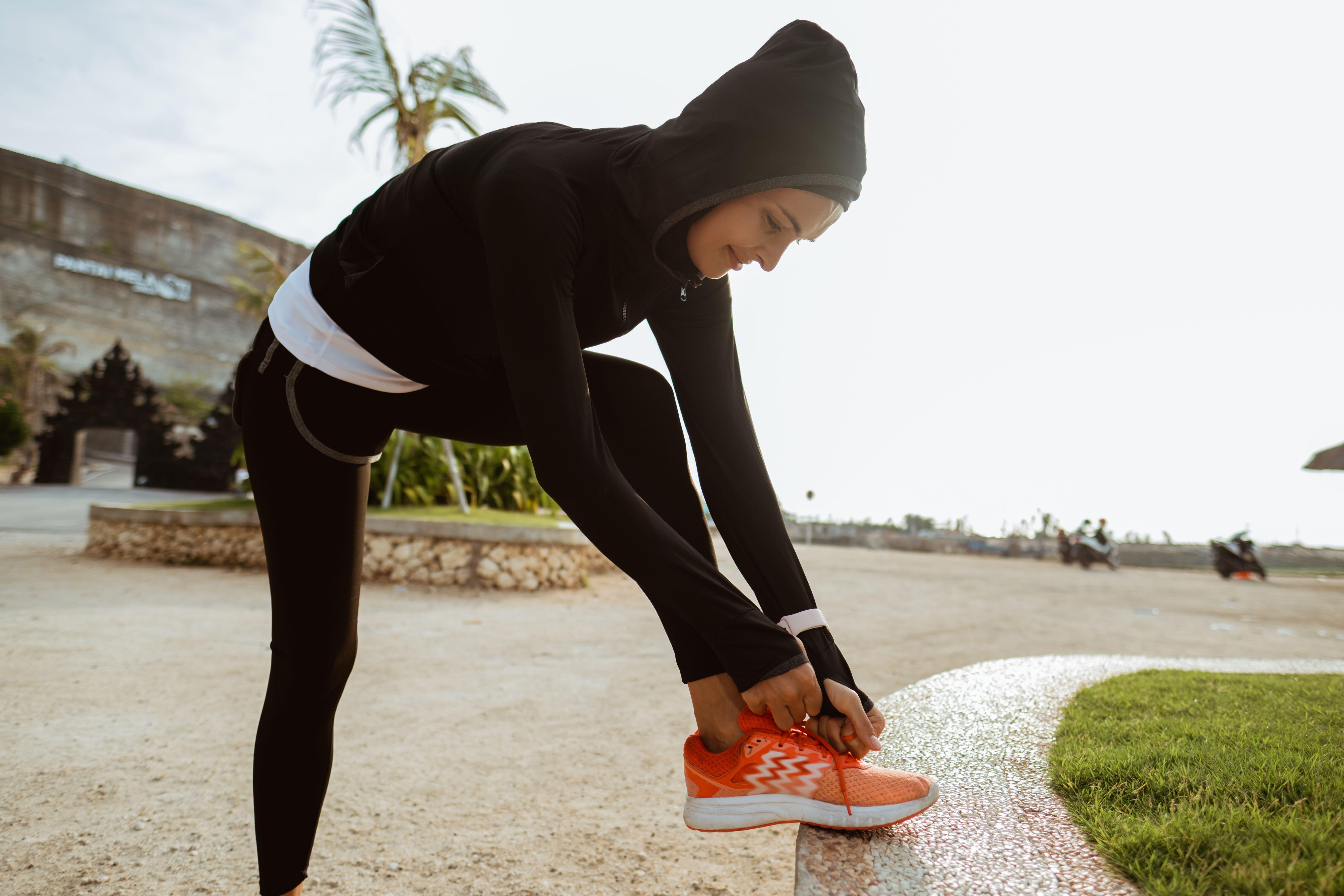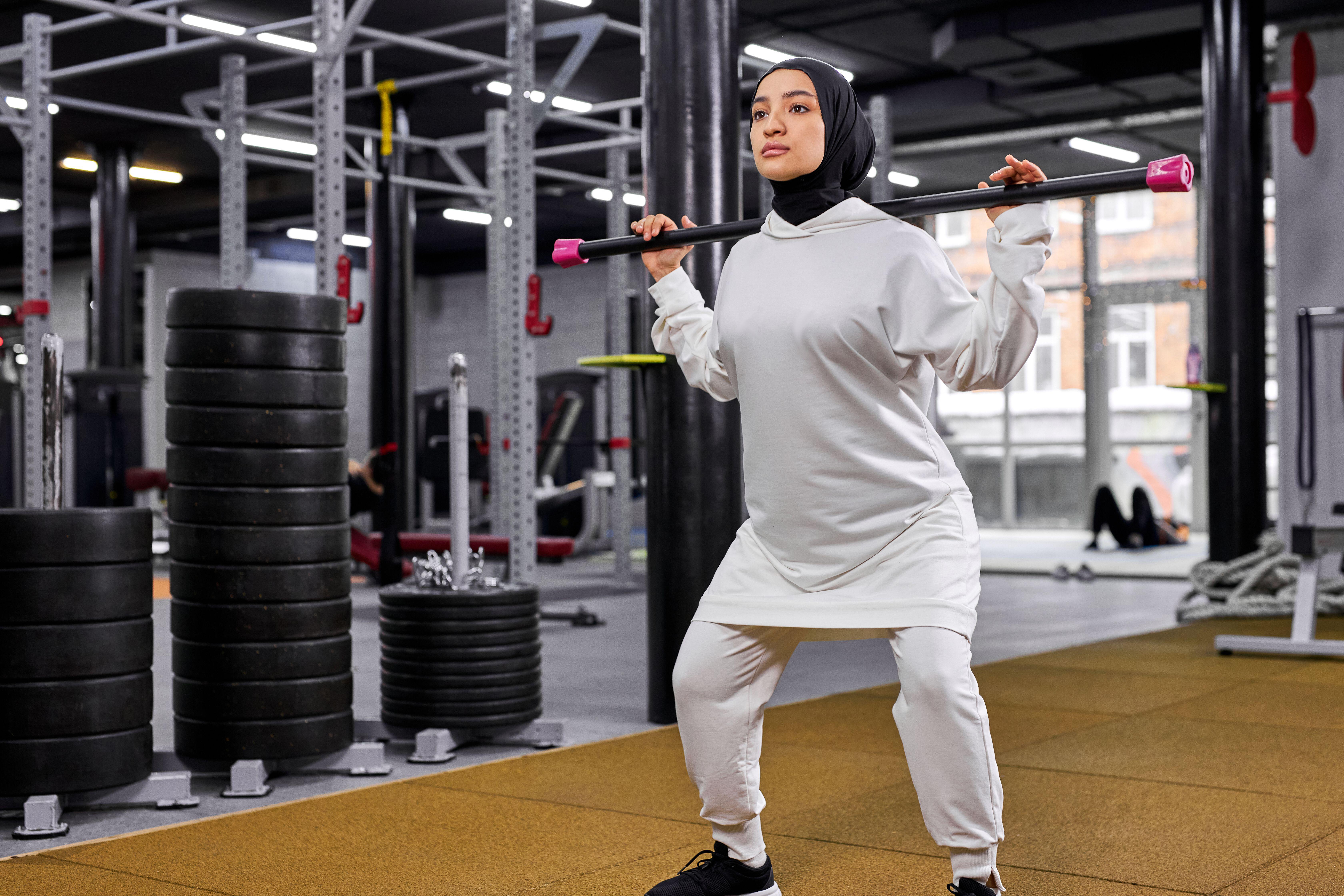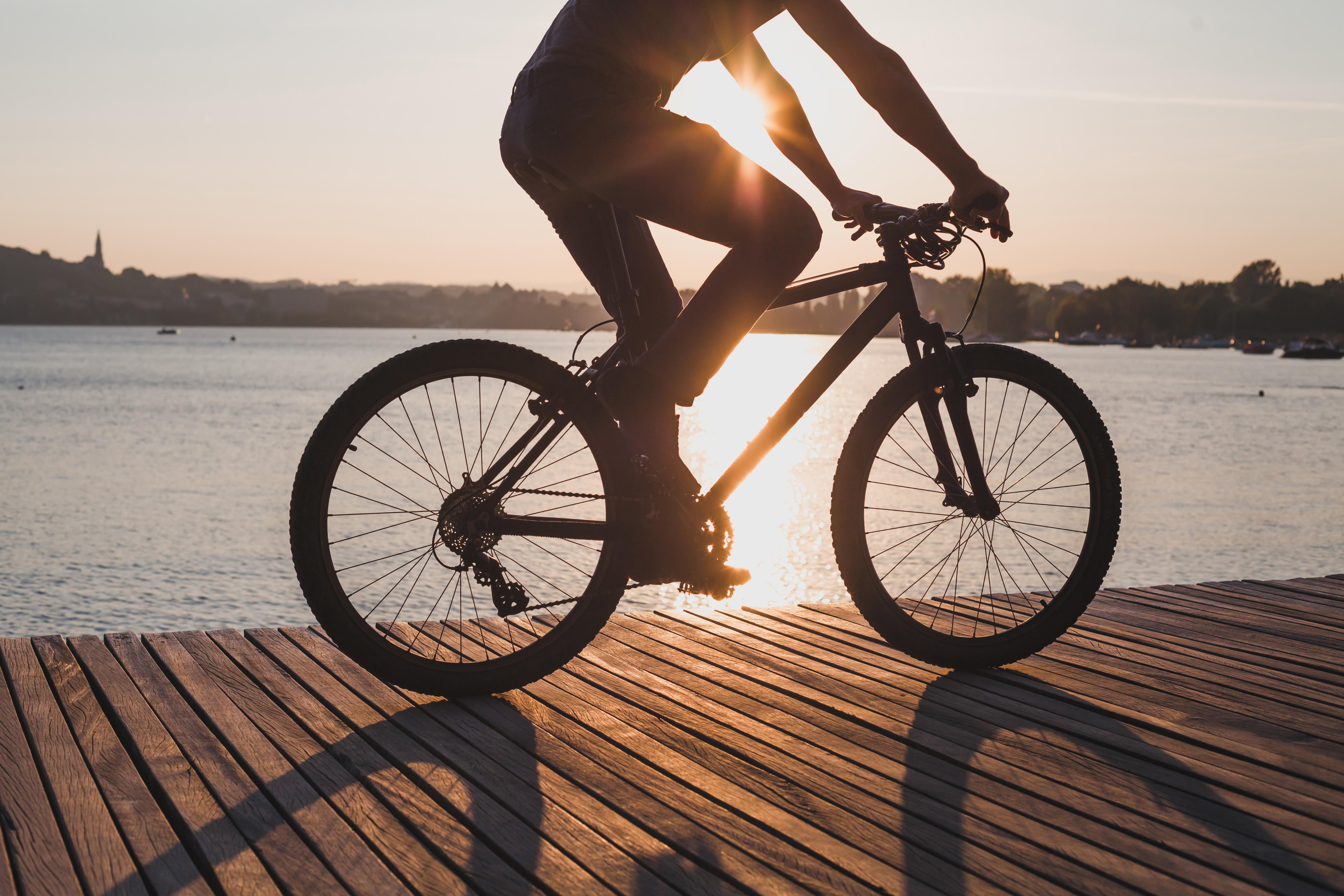8 tips for exercising if you’re fasting for Ramadan
Fitness experts share their advice with Liz Connor

Muslims around the globe are preparing to observe the holy of month of Ramadan, a period of deep spiritual reflection and fasting that takes place every year.
In 2023, Ramadan is expected to begin on the evening of Wednesday 22 March and end on Friday 21 April.
During the holy month, many Muslims will only eat just before dawn (known as “suhoor”) and after dusk (known as “iftar”). During daylight hours, they will not consume any food or water.
Exercising and maintaining a healthy lifestyle during Ramadan can be difficult when you’re not able to drink water or eat from sun-up to sundown.
But fitness experts say there are ways to make it work.
We asked three practising Muslim personal trainers to share their advice for keeping fit over the next month:
Hydrate in the morning

Drinking as much water as possible between Iftar (your sunset meal) and Suhoor (pre-dawn meal) can help reduce your risk of dehydration during the day – especially if you’re planning to workout at some point, says Sunny Salique, personal trainer and ambassador for Bio-Synergy. “It’s the only water you’re able to have until sundown – which falls at about 8pm this year – which means you’re fasting for well over 12 hours.
“I usually have around four big glasses of water just before sunrise, to make sure I’m hydrated for the day ahead.”
Find your golden hour
Fasting is different for everyone, so it’s all about finding the workout time that’s best for you. “I personally train in the evening, several hours after I’ve broken my fast, as it means I can drink water during my sessions and not worry about dehydration,” says Salique.
Souad Gharib, owner of women-only personal training service Female Trainer, says getting her workouts done early in the day helps her feel energised during the challenging afternoon hours, when hunger and fatigue can typically set in. “In the evenings during Ramadan, I’m completely zapped out. Exercising before I break my fast works for me, as I personally feel like I have a bit more energy if I do it first thing in the morning.”
Join a 24-hour gym

You don’t have to sacrifice the weights room while you’re fasting. “Most gyms close at 10pm, but if you join a local 24-hour gym for the month of Ramadan, it gives you the flexibility to workout after you’ve broken your fast or between prayer,” says Salique, “You could work out at home of course, but I like getting outside and being in a new surrounding.”
Try strength training
If you’re a fan of HIIT workouts, it’s tempting to stick to your usual cardio schedule, but it’s advisable to switch to workouts that aren’t so intense – with lower reps and more rest time.
“I like to take my workouts quite slow during Ramadan, and I usually choose to do strength training,” says Gharib. “That way I can continue with my leg days, upper body days and split days, but I’m not working out in a way where I’m sweating lots and feeling thirsty. It’s slow and controlled for me – it’s not about smashing my personal best.”

Eat a filling breakfast
“Eat a good breakfast (before sunrise) with complex carbohydrates,” advises Salique. “For me that includes lots of oats and nuts with dates and bananas, as this will give you slow-release energy through the day and keep you fuller for longer.”
Make time for recovery
Every workout regime needs rest built into it – but when you’re waking up early to pray, and going to bed late during Ramadan, it can be tricky to get the sleep you need. “Naps are so important for recovery. I usually go back to sleep after morning prayer at 5am and have a little nap, then exercise at 9am,” says Gharib, while Salique says he takes a nap from 5pm until it’s time to break fast, to re-energise himself.
“It’s all about being strategic,” says Gharib. “You can feel really lightheaded in the first week, so have more frequent power naps during the day if you can.”
Exercise, even if it’s only for 10 minutes per day

If you don’t have the energy for a 45-minute workout, just factor in whatever gentle activity you can.
“Stretch, do yoga, go for a walk – whatever kind of movement you feel up to doing, just do it,” says body transformation coach Nazia Khatun, (@fitnessrebornuk1). “It will help your mental wellbeing, as sitting down all day long – or sleeping – can make you feel even more fatigued and tired.”
Salique adds: “I don’t train for longer than an hour, which is less than usual for me, and I keep my workouts very easy to sustain during Ramadan.”
Eat the foods you enjoy without cutting out any food groups
“Ramadan is not the time to diet,” stresses Khatun. “If you eat in moderation and factor in good portion sizes, you’ll find yourself feeling better for every day of Ramadan – which will elevate your energy levels throughout the fasting period.”


